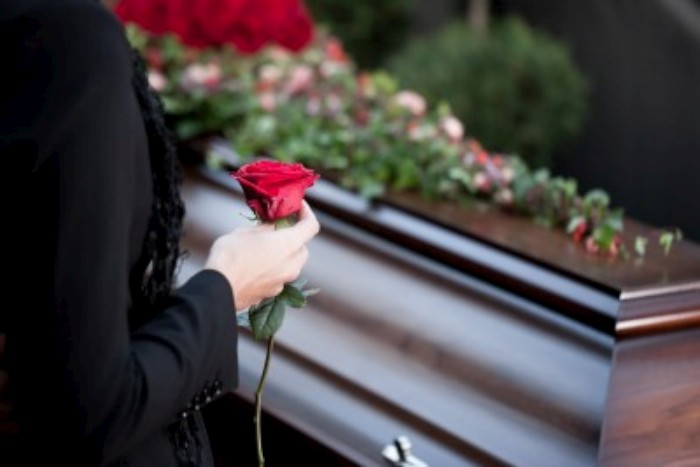People can depart the world at any time, from anywhere. Sudden deaths can leave relatives and loved ones scrambling to plan and host the wake, all the while mourning their loss. If you live in New Jersey, a thicket of regulations (not to mention traffic jams) can make the process even more difficult. But with enough planning, you can manage to pull through this high-emotion circumstance.
So where do you start? According to Bradley Funeral Home, a funeral home in Marlton, NJ, the first calls to make are to your loved ones, a funeral director, the life insurance company, and the employer of the deceased. But what then? How do you know where to bury the body? Do you have to embalm it? What about a death certificate? And how do you know your rights as you plan the funeral? These questions are all covered by New Jersey’s state law, as well as federal statues. This Federal Trade Commission is explicit outlining the way federal law protects you when you are planning a wake. Knowing these protections will help you pick out and negotiate with a good funeral director.
Having a good funeral director is very important. According to NOLO, which publishes legal guides, in New Jersey it is up to the funeral director to complete the death certificate. Once that is done, it is time to plan logistics. A body can be buried in an established cemetary, or in a family cemetery on private property. Local ordinances often have additional rules about where a body can be buried and what types of records need to be kept if you bury on private property.
After the wake, your guests will want to eat, drink, and reminisce. What your guests will expect from the reception will affect what type of event you want to host. FuneralWise suggests that funerals have become more personalized recently, and that receptions have followed the same trend. Serving the deceased’s favorite food or drink, or playing their favorite music, can make the event that much more memorable. Attentiveness to detail can go a long way towards helping the funeral-goers open up and relax after an emotional ordeal.
Famously, the three largest expenses in a person’s life are a house, a car, and a funeral. Most people do not have a lot of experience planning wakes (fortunately), so they may be unfamiliar with prices. When it comes to buying food and drink for a reception, you save money when you buy in bulk. As an example, Joe Canal’s is a liquor store Lawrenceville, NJ. Though a case of six bottles of spirits may run near $100, you are paying less than half of what it would cost to buy them at the full retail price.
The New Jersey State Funeral Directors Association has a chart outlining the average funeral costs for several different types of funerals. Everplans notes that most funeral homes will charge a low “Basic Services Fee” as a price indicator, then charge premium prices for additional services later on. For this reason, you shouldn’t take a home’s Basic Services Fee as representative of the prices you will pay throughout the process. Importantly, you do not need to buy a casket from a funeral home: federal law requires that they accept the casket if you provide one. A funeral can be pricey, that’s no secret, but there are lots of methods to hold the cost down. As long as you are informed, you can keep your focus on your heart, and not your wallet.


